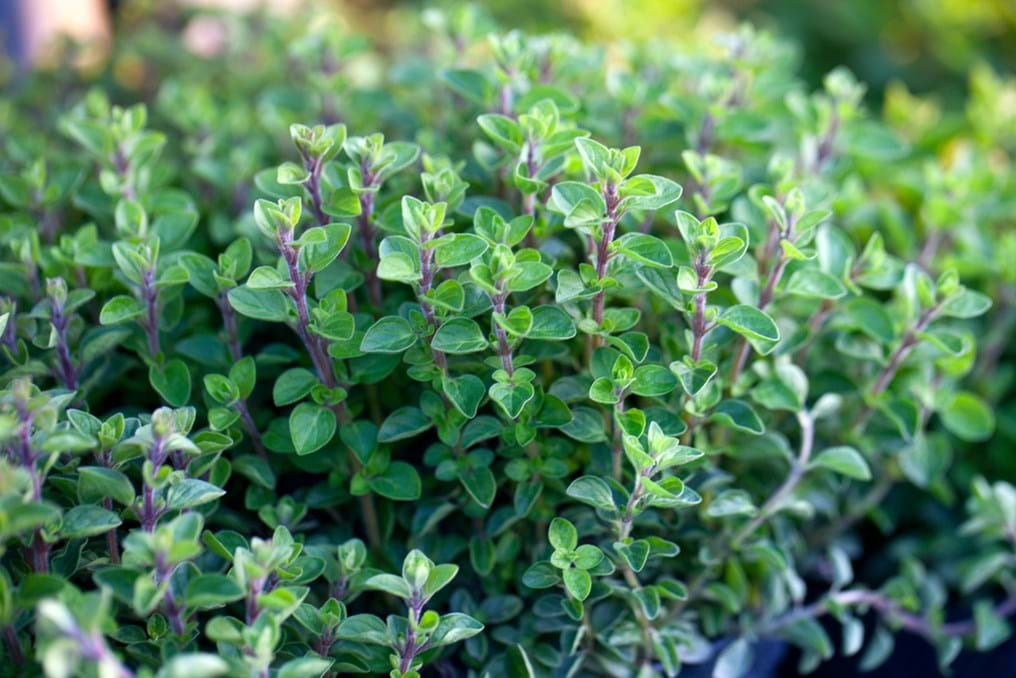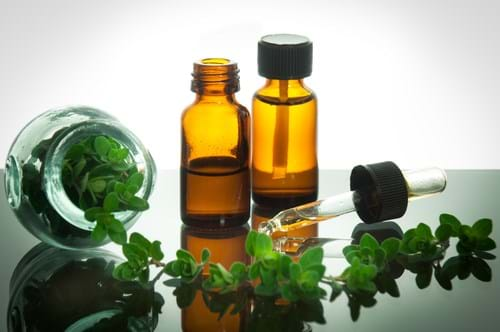Using oregano as an antibacterial agent (Day 346)

8th May 2015
Contamination is a big danger in the food industry. For example, in the US nearly half of all food borne illnesses can be attributed to contamination.
Preventing and controlling bacterial contamination is critical to ensure the food we eat is safe.

A team of researchers from Wayne State University, US, have found an alternative to conventional methods; by using oregano oil, which is known to have a strong antibacterial effect.
The essential oils of plants have many useful properties, some of which we have been making use of, for example some plant essential oils can be used as pesticides.
An essential oil is just a concentrated hydrophobic liquid (eg an oil) containing volatile aroma compounds (a chemical compound which has a smell) from a plant. They are called essential oils as they contain the ‘essence’ of the plant (its fragrance).
Essential oils are normally extracted from plants via distillation, typically steam distillation. However other processes such as expression or solvent extraction can be used.

The team from Wayne State, led by Dr Yifan Zhang, assistant professor of nutrition and food science, looked for ways to formulate nanoemulsions to increase the solubility and stability of essential oils to enhance their antimicrobial power.
This work has been published in the journal Food Microbiology under the title: ‘Application of an oregano oil nanoemulsion to the control of foodborne bacteria on fresh lettuce’, in which Yifan and her team tested their nanoemulsion on lettuce.
“Much of the research on the antimicrobial efficacy of essential oils has been conducted using products made by mixing immiscible oils in water or phosphate buffered saline,” said Yifan.
She continued: “However, because of the hydrophobic nature of essential oils, organic compounds from produce may interfere with reducing the sanitizing effect or duration of the effectiveness of these essential oils. Our team set out to find a new approach to inhibit these bacteria with the use of oregano oil, one of the most effective plant essential oils with antimicrobial effect.”
I have discussed the use of emulsions (particularly in the food industry) in my earlier blogs: ‘Suspending a liquid with a liquid, with in a liquid…’ and ‘Food, glorious, food…emulsions’, but I am especially impressed with this study as it applies existing knowledge to solve a problem, updated with chemical engineering.

Yifan and her then PhD student Kanika Bhargava (now an assistant professor at the University of Central Oklahoma) looked to chemical engineer Dr Sandro da Rocha to explore how they could improve the use of essential oils.
Yifan said: “In our research, we discovered that oregano oil was able to inhibit common foodborne bacteria, such as E. coli O157, Salmonella and Listeria, in artificially contaminated fresh lettuce.”
“We wanted to explore the possibility of a nanodelivery system for the oil, which is an area of expertise of Dr. da Rocha.”
Yifan and her team originally considered the use of solid polymeric nanoparticles for the delivery of the oil, but Sandro suggested the use of nanoemulsions.
“My team felt the use of nanoemulsions would improve the rate of release compared to other nanoformulations, and the ability of the food grade surfactant to wet the surface of the produce,” said Sandro.
He continued: “We were able to reduce L.monocytogenes, S. Typhimurium, and E. coli O157 on fresh lettuce. Former Ph.D. student Denise S. Conti, now at the Generics Division of the FDA, helped design the nanocarriers and characterize them.
“Our future research aims to investigate the antimicrobial effects of essential oil nanoemulsions in various combinations, as well as formulate the best proportions of each ingredient at the lowest possible necessary levels needed for food application, which ultimately will aid in maintaining the taste of the produce.”
I commend this team for their collaboration, and hope that the promise this study suggests can be capitalised on in the future.
If you are working to improve food safety get in touch and share your story.